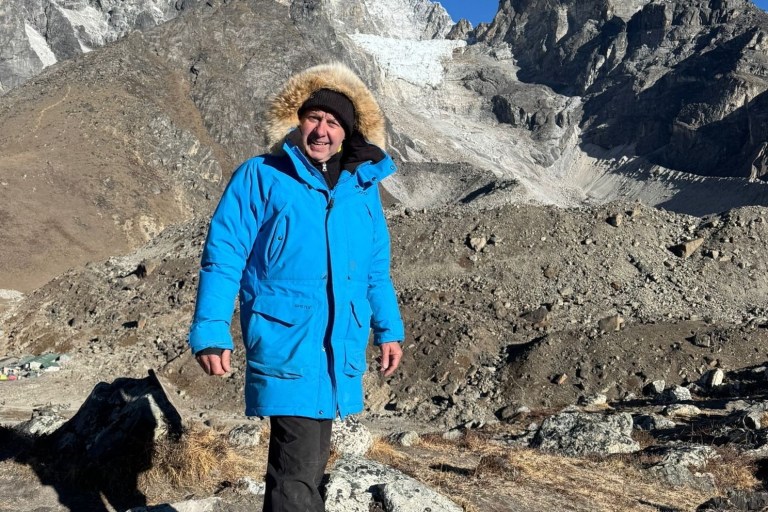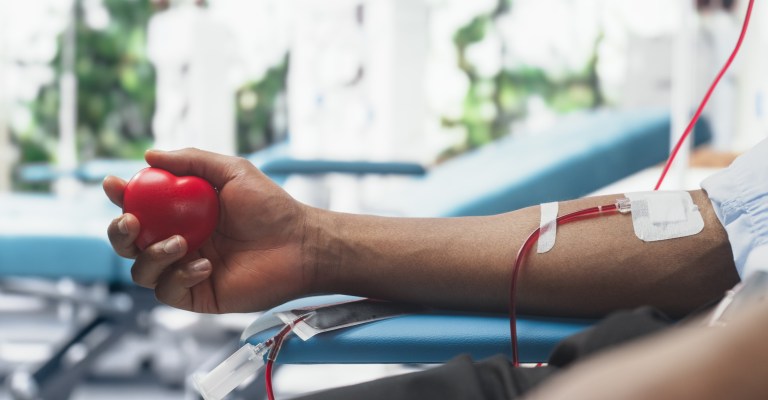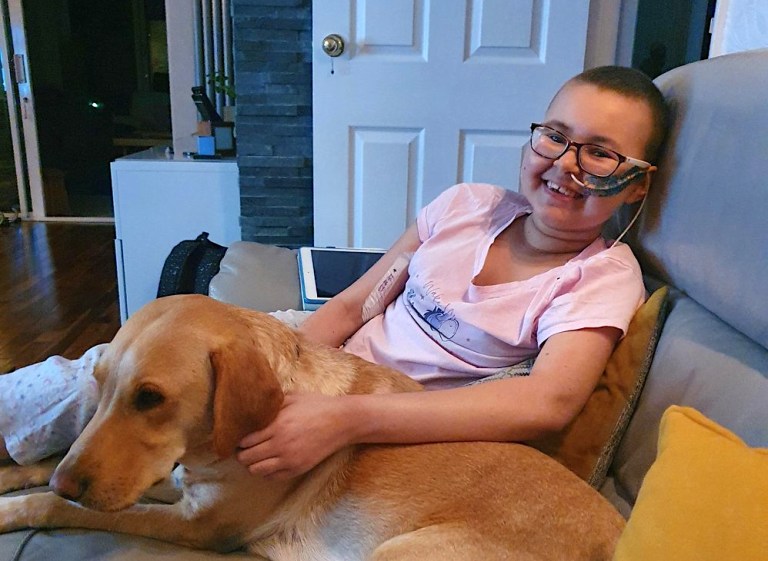Getting seven to nine hours of sleep is a tried-and-true doctor recommendation. While that’s generally solid advice, sleep is an individual thing and your genes can play a role in how much (or little) rest you need.
Often called natural short sleepers, some people can snooze between four to six hours each night without feeling sleep deprived or suffering negative health effects. These individuals are likely genetically wired to need less sleep, as a new study has linked a mutation in the salt-induced kinase 3 gene, or SIK3, to reduced sleep duration.
“Our bodies continue to work when we go to bed” by removing toxins and mending damage, co-author Ying-Hui Fu told Nature. “These people, all these functions our bodies are doing while we are sleeping, they can just perform at a higher level than we can.”
The scientists explained that those with the mutation experience “natural short sleep,” or NSS — which has previously been associated with four other mutant genes, according to a 2021 review. Kicking off their research decades ago, Fu and her team discovered that a rare mutation may impact certain peoples’ circadian rhythms and cause them to require less sleep.
As opposed to those with insufficient sleep, a “pathologic condition,” those with NSS “do not experience the medical consequences driven by short sleep duration,” the authors of the 2021 review wrote. “This sleeping habit is not meant to be practiced or learned upon one’s desire, but rather is an intrinsic nature that lasts lifelong.”
And when Fu and her colleagues recently evaluated a 70-year-old woman who slept 6.3 hours a night on average (and reported only typically needing three, per Gizmodo), they identified the fifth genetic mutation linked to NSS, called N783Y.

The team then genetically engineered mice with the SIK3 mutation, and found that they slept around 30 minutes less than normal each day. (For context, mice usually sleep for about 12 hours a day.) When they analyzed the mice, the researchers discovered that the mutation may prevent SIK3 from sending some molecules to proteins that help facilitate neuron communication.
“At the phosphoproteomic level, the SIK3-N783Y mutation induces substantial changes predominantly at synaptic sites,” the authors wrote, adding: “These findings underscore the conserved function of SIK3 as a critical gene in human sleep regulation.”
Although it’s estimated that only about 1%-3% of the world’s population are natural short sleepers, the study’s lessons could help many more, particularly when it comes to finding new treatments for sleep disorders, which affect 50-70 million Americans, according to the National Heart, Lung, and Blood Institute.

The team noted the results could “advance our understanding of the genetic underpinnings of sleep, highlight the broader implications of kinase activity in sleep regulation across species, and provide further support for potential therapeutic strategies to enhance sleep efficiency.”
RELATED: The 5 Sleep Languages: How Knowing Yours Could Help You Get Better Rest












